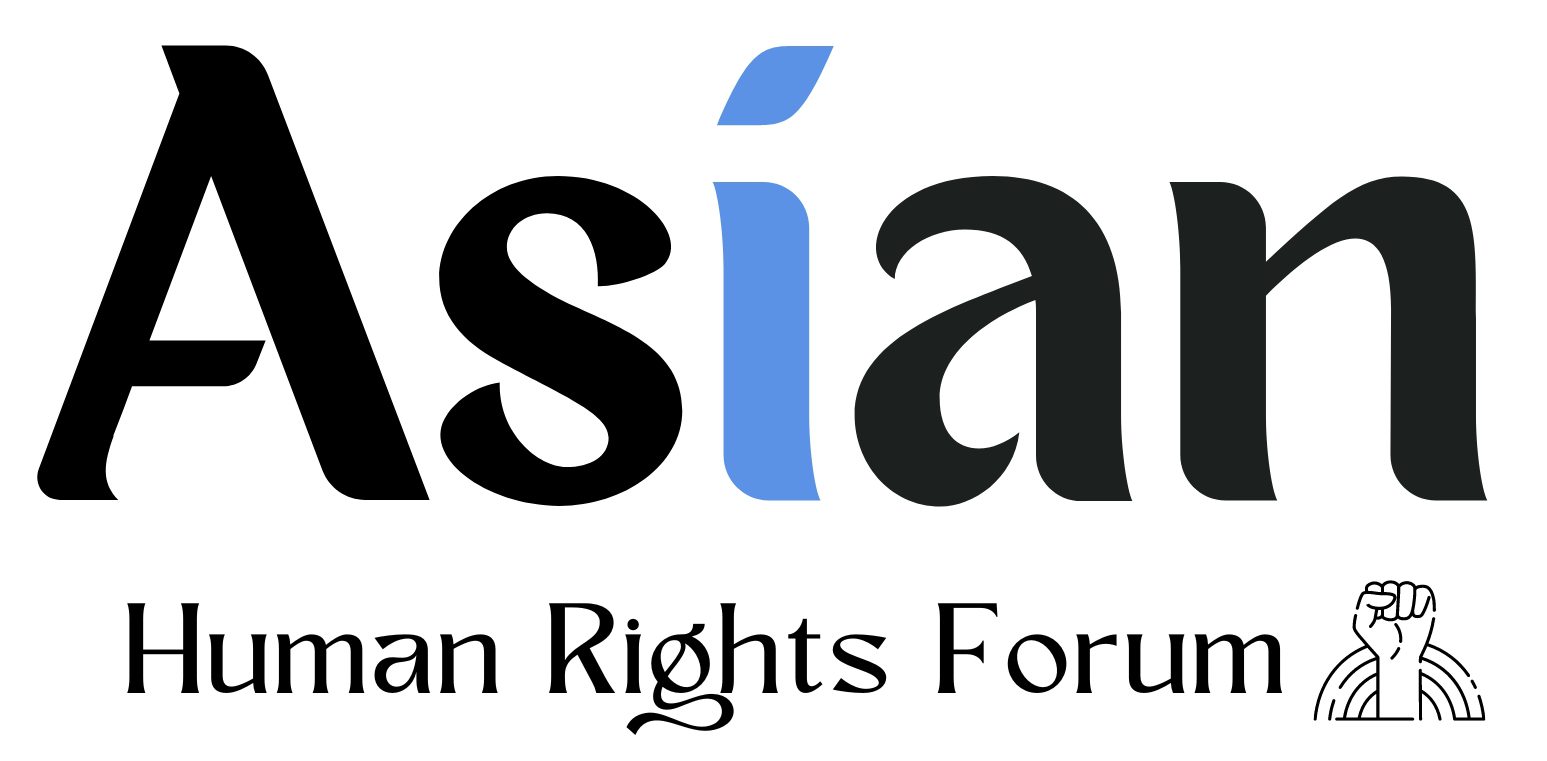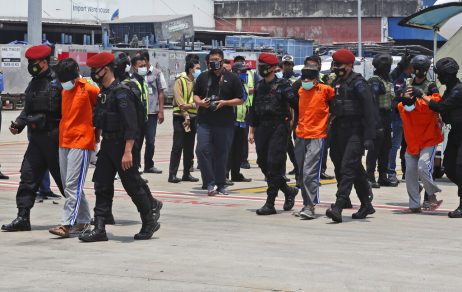
The Case of Rohingyas
The Rohingya issue is a complex and ongoing human rights crisis involving the Rohingya Muslim minority in Myanmar (formerly known as Burma). The Rohingya are an ethnic and religious minority group that have faced systematic discrimination and persecution for decades.
The Myanmar government has denied the Rohingya citizenship and restricted their access to education, healthcare, and employment opportunities. In addition, the Rohingya have been subject to violence, torture, rape, and murder by both the military and civilian mobs. This has led to a mass exodus of Rohingya refugees from Myanmar, with many seeking asylum in neighboring countries.
The situation escalated in August 2017, when a military crackdown in Rakhine State led to widespread violence and displacement of the Rohingya people. The United Nations has described the situation as a “textbook example of ethnic cleansing” and a “genocide.”

The Rohingya crisis has drawn international attention and condemnation, with calls for the Myanmar government to end the persecution of the Rohingya and grant them full citizenship rights. The issue remains unresolved and continues to be a humanitarian concern.
The Rohingya migrants in Bangladesh continue to face a difficult situation. Since the Rohingya crisis began in 2017, more than 1 million Rohingya refugees have fled from Myanmar to Bangladesh, with the vast majority of them living in overcrowded camps in Cox’s Bazar.
The living conditions in the camps are extremely challenging. The camps are overcrowded, and the refugees lack basic amenities such as food, water, and sanitation facilities. The lack of access to healthcare is also a major concern, with many refugees suffering from illnesses and injuries without proper medical care.
There have been efforts by the Bangladesh government and international organizations to provide aid and support to the Rohingya refugees, but the scale of the crisis remains overwhelming. In addition, there have been reports of human rights abuses and violence against Rohingya refugees, including gender-based violence and trafficking.
The situation for Rohingya migrants in Bangladesh remains complex and difficult, with many challenges and ongoing struggles for access to basic human rights and necessities.
There are tens of thousands of Rohingya refugees living in India, many of whom fled persecution in Myanmar and entered India illegally. Rohingyas are vulnerable & therefore are easy targets of criminal gangngs & terrorists, who recruit them for their criminal tasks.
International community should immediately take necessary steps to get Rohingyas back to their country Myanmar and press upon the Military government of Myanmar to restore all fundamental human rights of Rohingyas, including right to life & right to nationality.





